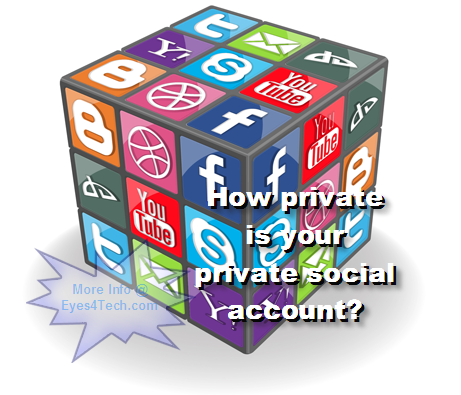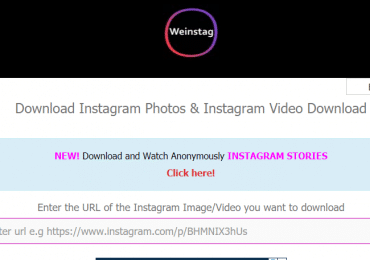Facebook security measures
With any popular site, there are going to be visitors who do not have the best intentions. This is particularly true of Twitter and Facebook, because social networks are the perfect place to harvest information on you.

You don’t have to stand for it, of course. There are plenty of ways to protect your online profiles. You might use the same password for everything: Twitter, MySpace, Cheekybingo etc, but it is recommended that you don’t. If someone finds out this one password, they can use it on all of the accounts they find under your name.
To get specific, how do you further protect yourself on Facebook?
- Adjust your Facebook privacy settings. This social network does supply some very powerful settings, so make sure you take advantage of them.
- Read the Facebook Guide to Privacy. You might just find out some details you wouldn’t stumble upon by yourself. For example, it will take you through the details of keeping information visible to certain friends only. It also tells you what you cannot make private, like your name, gender and profile photo.
- Don’t let just anyone add you as a friend. Just because they have added you, does not mean you are required to accept. If they are a complete stranger, decline. Even if they are friends with someone you know. That doesn’t necessarily make them trustworthy.
- You can choose to make certain people ‘limited friends’ on your profile. This means they can only see a basic version. So, if you don’t feel comfortable sharing personal information with certain people, you don’t have to.
- Disable the options that you don’t use. If Facebook is just a means for communication with past and present acquaintances, there is no point in keeping everything accessible. You can always reopen them.




